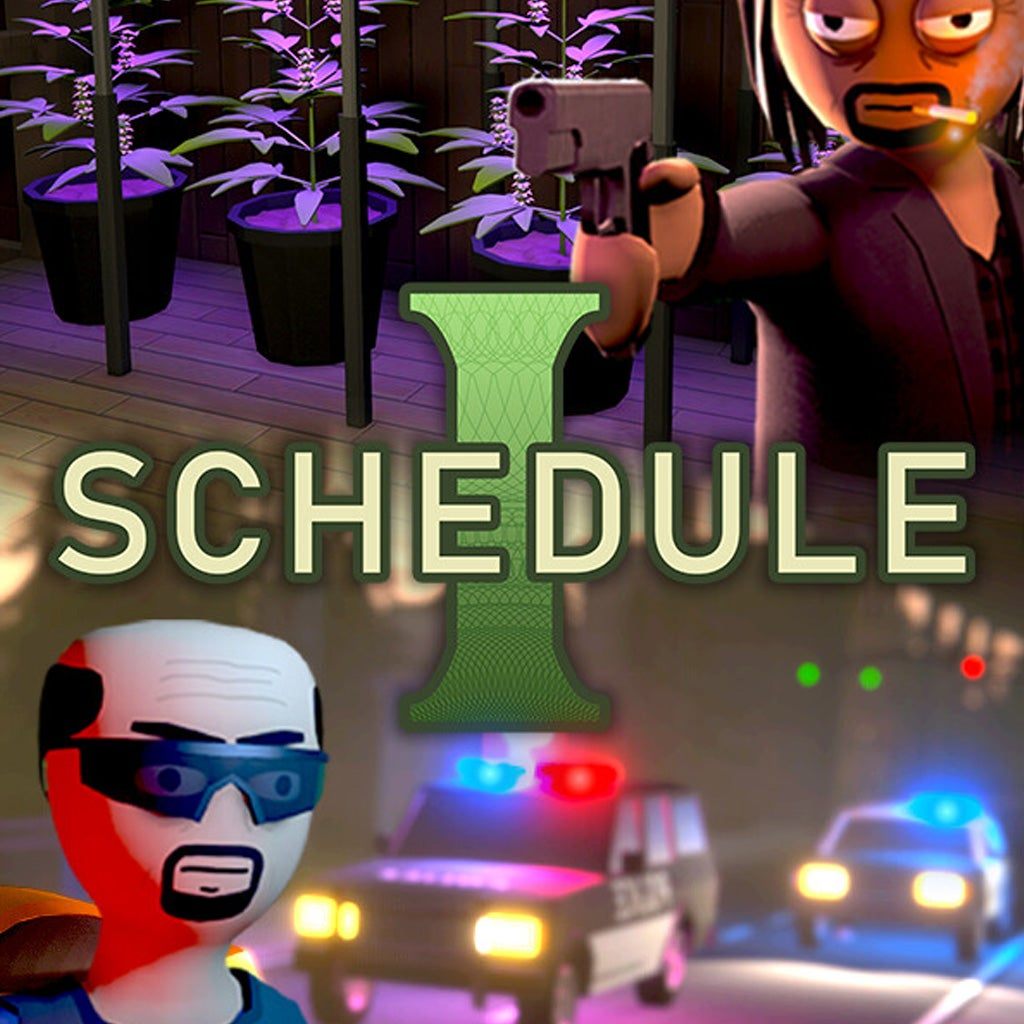Key Highlights
- Schedule I, a game blending dark comedy, open-world exploration, and crime simulation, lets players run a drug empire without the stress of physical dependence.
- From crafting products to avoiding law enforcement, it’s a chaotic journey through Hyland Point’s sleepy yet questionable streets.
- Skateboards, horse semen, and gasoline somehow make the dealer experience more hilarious than criminal.
- Multiplayer hilarity ensues as friends mismanage operations—because teamwork matters, even in a cartel.
- Forget fancy cars; players can whizz around on golden skateboards with the cops hot on their heels.
- “Schedule I” has a detailed roadmap, promising even more ways to botch drug deals creatively.
Introduction
Have you ever thought about what happens when you mix building a business with wild and silly crimes? Welcome to Schedule I. Here, you do not find accepted medical use but you do get funny things like big explosions and horse jokes. In this game, you will see the high potential for fun and chaos as you move through secret deals without much worry. You can run a huge empire or spend a lot of time just playing slot machines. No matter what you do, there will be lots of laughs and some surprises, too. This makes Schedule I one of the funniest simulators you can find. Are you ready to start this crazy adventure? Let’s go!
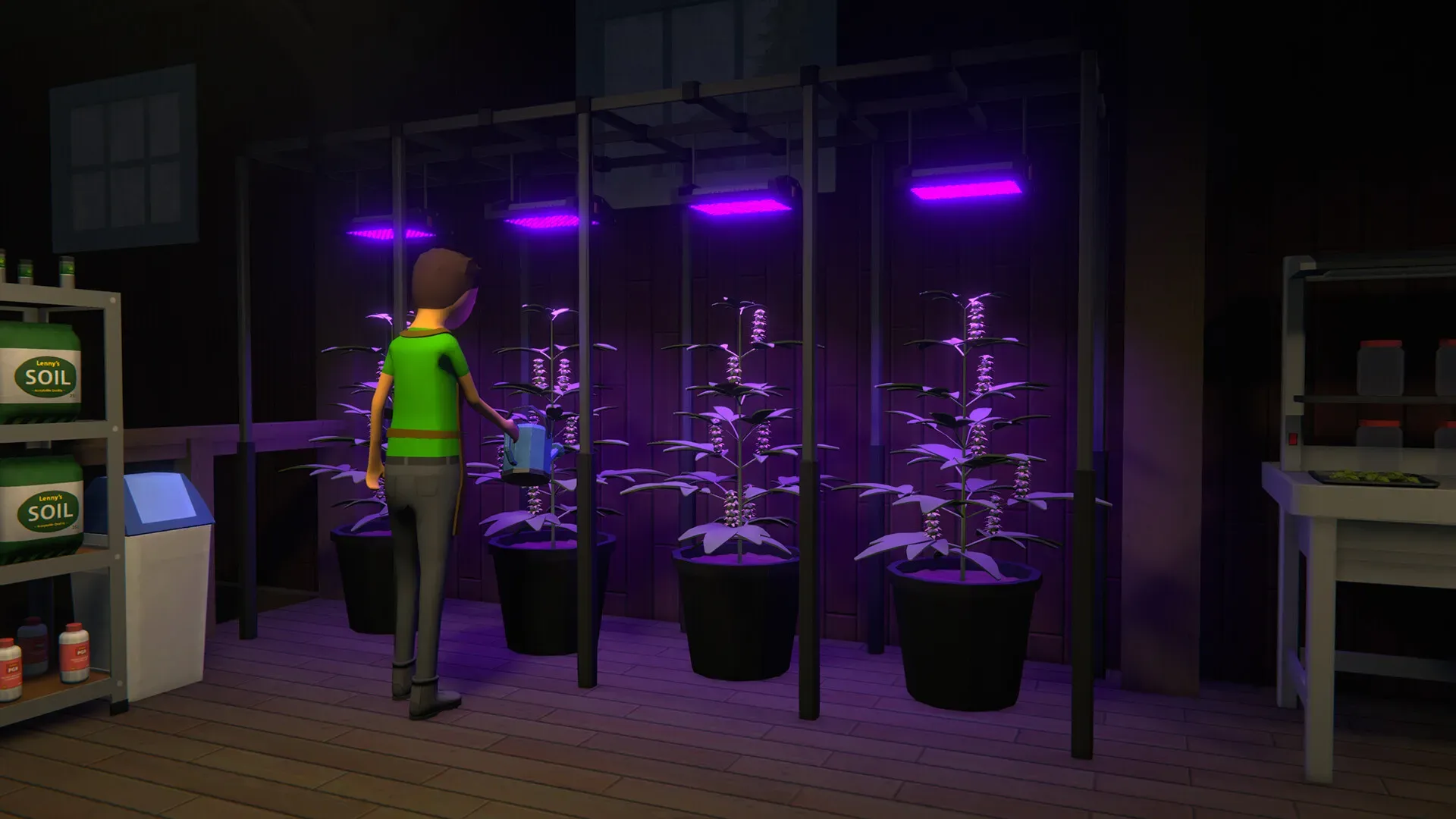
Unveiling “Schedule I” — Game Overview and Premise
At the heart of it, Schedule I is an open-world crime game. You play in a quiet but lively criminal town called Hyland Point. In the game, you become a new drug dealer with early access opportunities. The tasks you do include growing marijuana, making meth in dosage units, and riding your skateboard to get away from the police. All of this happens with a lot of sharp and funny satire.
The game puts a funny spin on psychological dependence as well. You get to mix crazy things into your products (like putting gasoline with milligrams of codeine). You can also make strange strains that have odd effects. It is even possible to hire people to handle some of the risky parts for you.
Setting & Storyline: Immersion in a Criminal Underworld
Hyland Point is not like the towns you usually see in other games. In this place, lysergic acid diethylamide is the start of funny stories instead of something dark or scary. Laundromats look clean, but they are really money-laundering shops. There are rival groups too. These are more like villains from cartoons. They blow up RVs, but there is never any real danger after that.
Players act like jokers who build their world in their free time. You can walk into a casino and play slot machines overseen by the department of justice. If you want, kick trash into the river and no one will come after you. The police let you be. You might get to smoke joints and even see things float the wrong way up. While you play, you might be in the middle of a crime story, but things always feel light and funny. Clicking around leads to one silly mess after another.
And what about the Controlled Substances Act or the idea of currently accepted medical use? Don’t worry about any big legal talk here. In Hyland Point, those words just sit as a little note while you grow mushrooms behind a shady house. Every little thing you do brings out more kicks and makes things even more strange, as the Attorney General continues to monitor such activities.
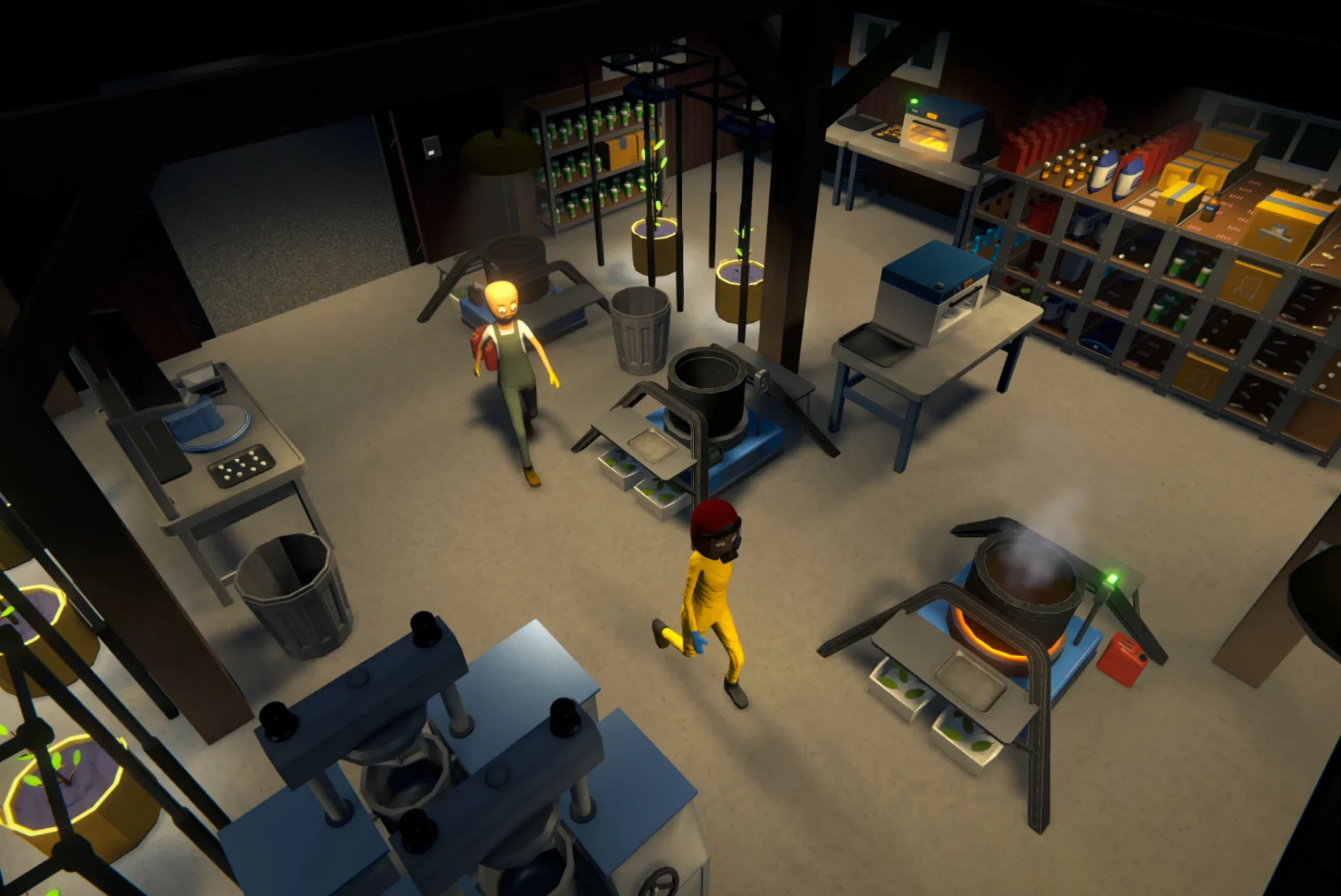
Unique Gameplay Mechanics: What Sets “Schedule I” Apart
Where Schedule V games stick to simple routine simulation or following a set path, Schedule I shakes up the idea to make crime management funny and full of surprises. Here’s what makes it stand out:
- Bold crafting mechanics: Whether you have to grab weed seeds or change up what goes in the drugs, making things in the game is more than just a job—it’s a funny little game on its own.
- Systems for chaos: This game is not about everything going right. Schedules fall apart fast. Rival gangs mess up your plans in ways you don’t see coming.
- Multiplayer madness: Working together lets everyone take a different role—all while trying hard to not let piles of trash cover the whole lab.
Unlike with examples of schedule iii games, the way players work together here turns into silly and chaotic trouble. Picture one person spending lots of time growing plants, while the rest wear wild outfits and run riot. This type of silly teamwork brings a new level of fun, with all the mayhem adding to the laughs.
This is not just about bad deals or pimps. It mixes the idea of keeping things organized in a game about drugs with the wild mess of real life choices. If you want something new like unpredictable action and random fun, you will find it here.
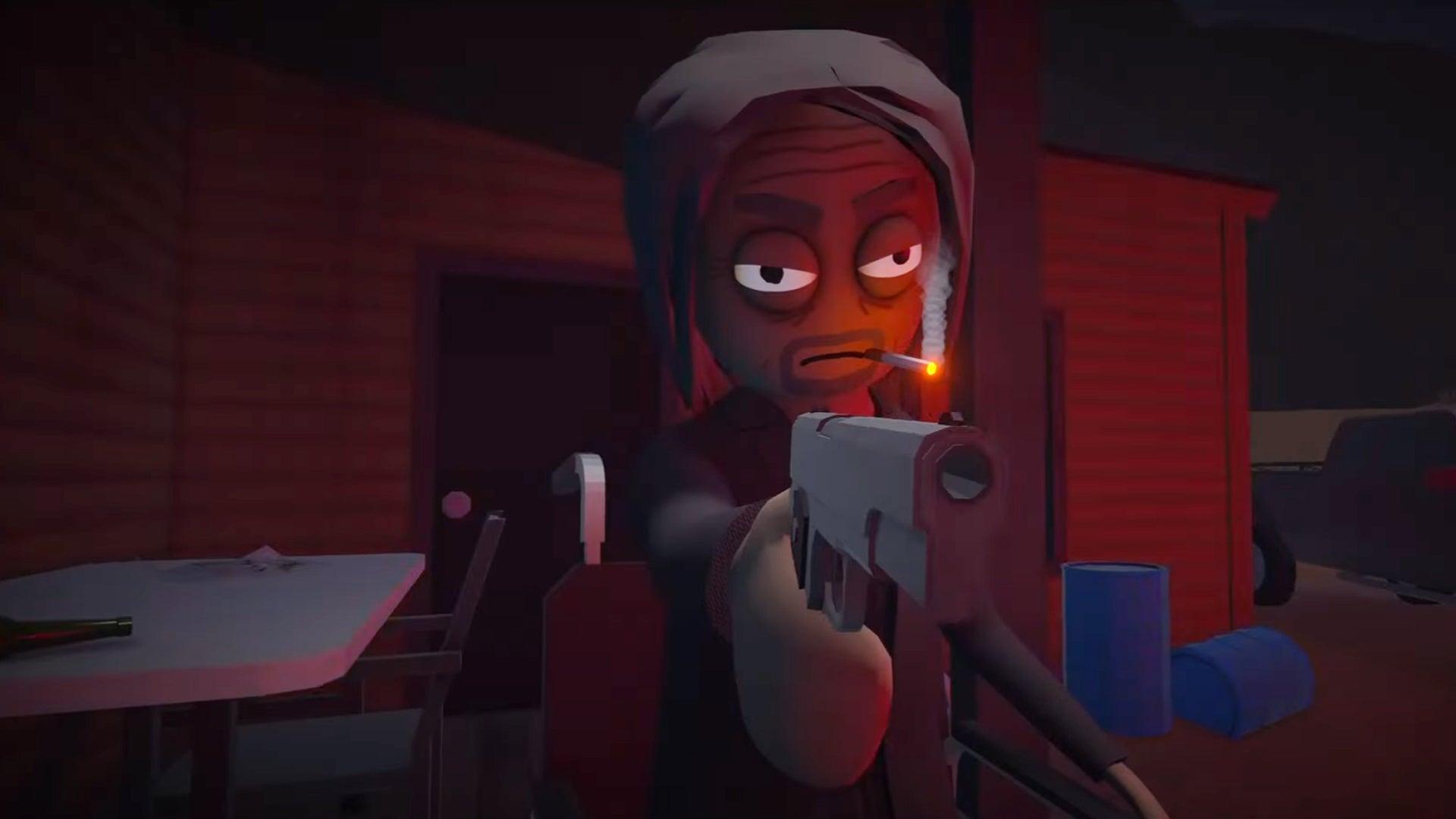
Debunking Common Myths About “Schedule I”
Myth: People say Schedule I makes drug dealing look cool. That’s not true. The game uses silly scenes and funny moments to show how strange the underworld can be. You will not see scary gangs here. Instead, you get to meet Cranky Frank, who does wild things while wearing a saucepan on his head.
There is also talk about human consumption in the game. You may see odd mixtures, like mustard gas mixes. But, this is not a guide for doing something bad. It is for fun and takes a lot of creative freedom. The game turns serious stuff into jokes by being over-the-top and silly with its stories.
Want to know how something this weird can still be a challenge? Keep reading!
Is “Schedule I” Just Another Crime Game?
So, is it? The answer is found in how strange it is. Schedule I is not like other games that use the same old controlled substances stories. In this game, you find odd skateboarding rules, over-the-top living, and salts of isomers that make the game funny. You play as a dealer. You skate away from police stops and laugh at fines, not worry about them.
Below all the silly stuff, there are systems that work much like medical supervision games. The game starts simple, but then you start to build up your own business. You might sing karaoke or buy crazy sunglasses, but the game gives rewards for this wild kind of order.
If you think Schedule I is just another sandbox like GTA, you should know it does not stay with those styles. Yes, you do buy fun properties on a gov website. But you are not just acting out crime—it’s about finding new fun and silly ways to make chaos, all put together in one game.
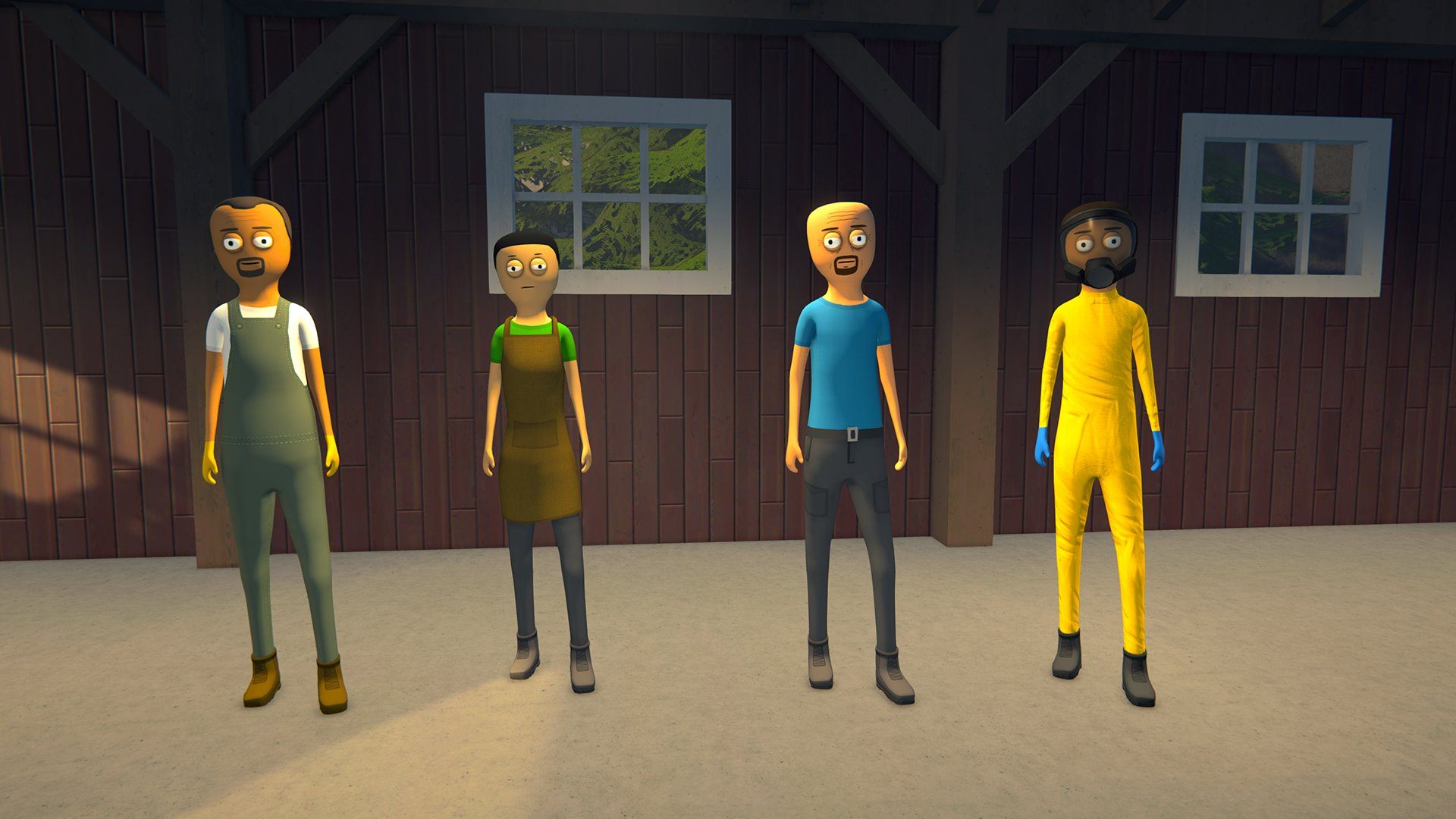
Addressing Controversy: Morality, Violence, and Player Choice
Critics say that Schedule I goes far by adding things like high psychological dependence, based on some tough drug laws. But when you play Schedule I, how good or bad the story is depends on how you play and what you control. Let’s look at some distinct categories of examples of this:
|
Controversial Aspect |
Player Control Mechanism |
|---|---|
|
Violence against cartel rivals |
You can choose what to do—fight with fists or use silly guns in parodied battles. |
|
Use of controlled substances |
The use of a controlled substance is for game style only. It adds depth but never says drug use is good or points to the real world. |
|
Building destruction inclusions |
You can upgrade and build your empire if you want. These upgrades stay in the game and don’t push players into unwanted paths. |
This fair use of the Code of Federal Regulations makes people question negative reviews about Schedule I and its take on art. In the end, new funny takes make us think more about what ethics mean in these games, using smart real-comical stories around controlled substances and high psychological dependence.
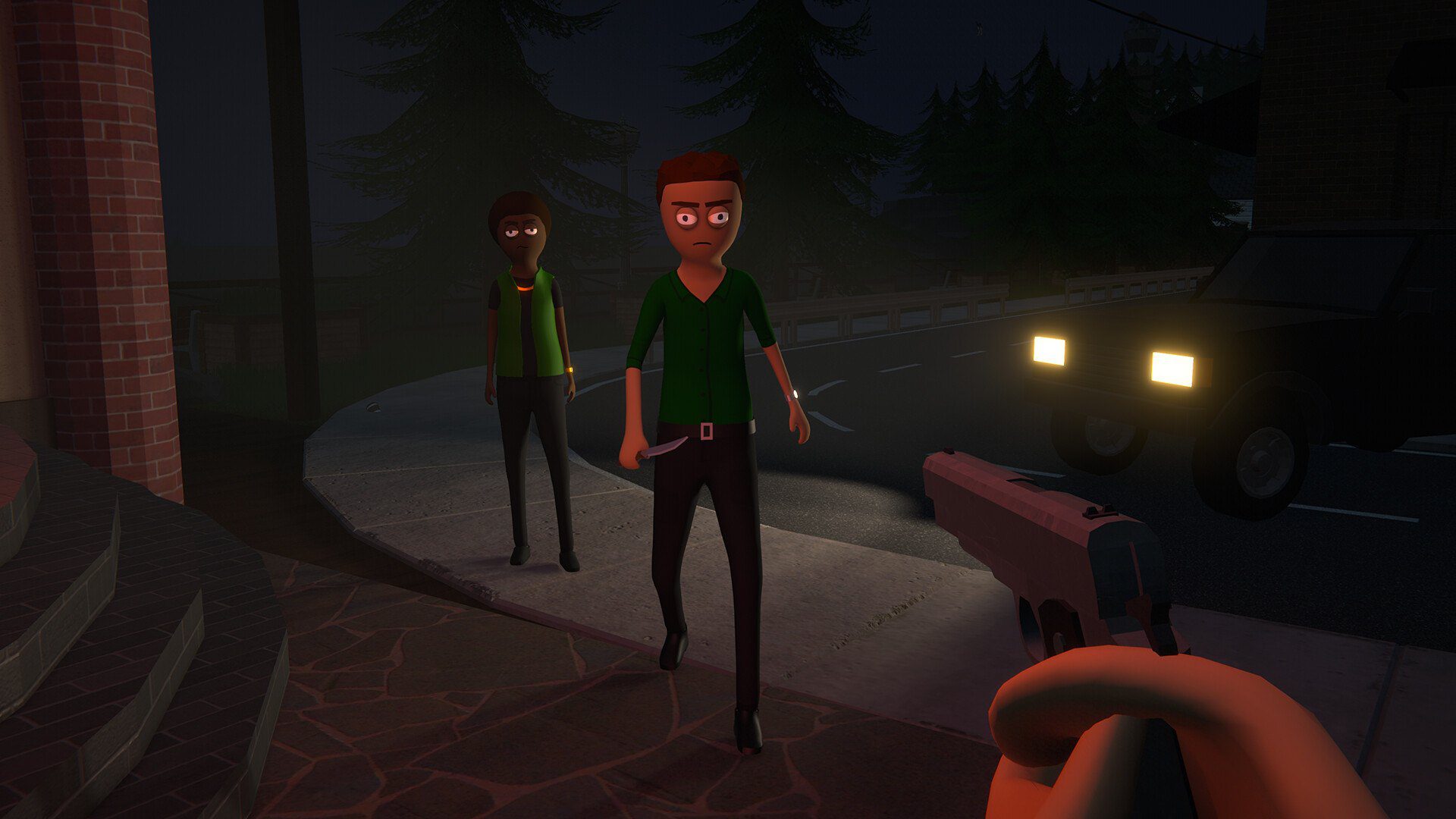
Conclusion
As we finish talking about “Schedule I,” you can see this game is not just another crime story. The story is strong, and the game has many special features. You get to test your own sense of right and wrong. There are a lot of games out there, but this one stands out. The rumors you hear are not true. This game lets you explore, play, and think about the choices you make. Not many games do that. So, if you are dodging bullets or picking sides in a world full of criminals, “Schedule I” gives something to everyone. Pick up your controller and see if you can handle this wild adventure without losing it. Have fun playing!
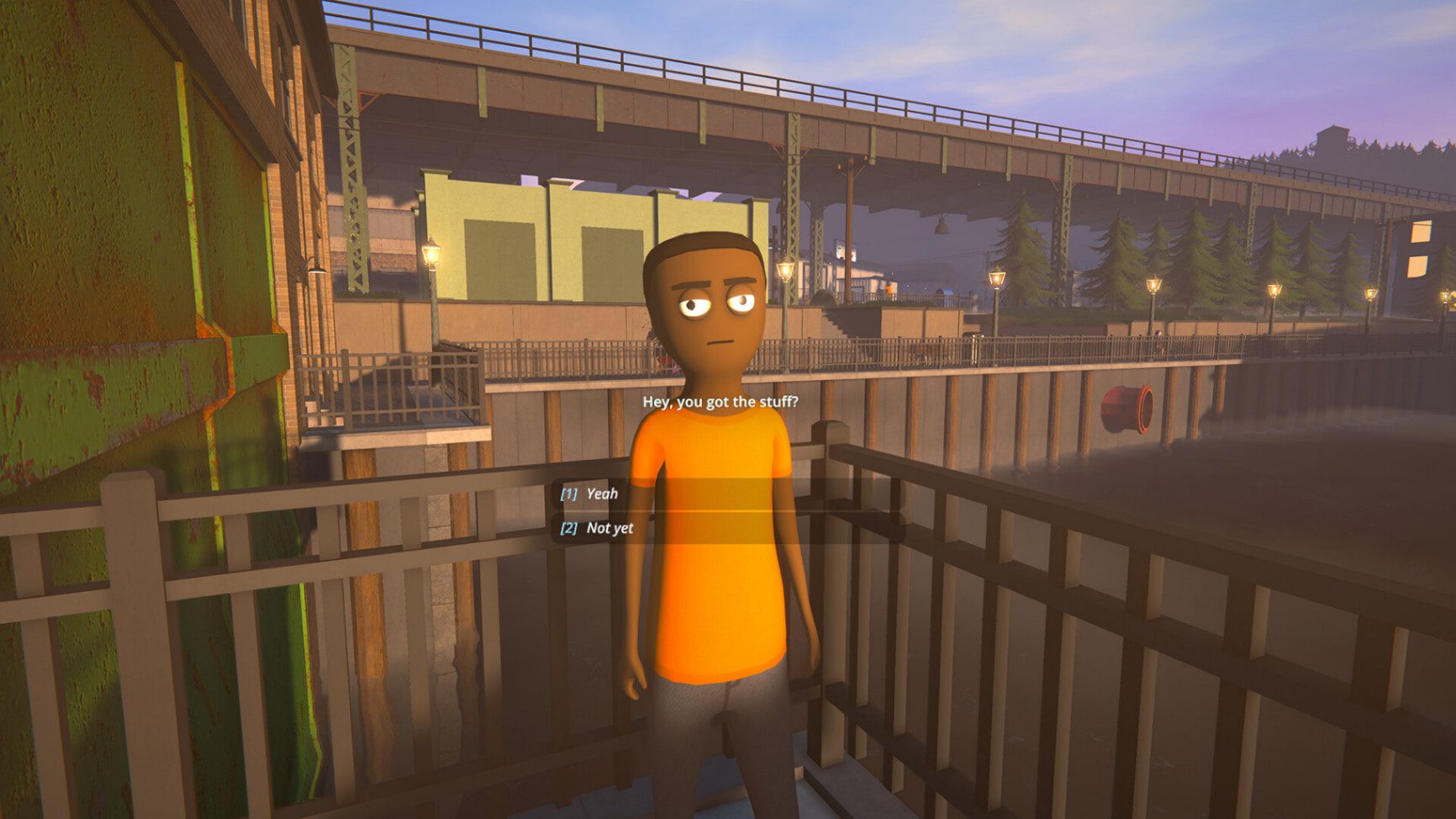
Frequently Asked Questions
Is “Schedule I” suitable for younger players?
The way Schedule I fits younger players depends on many things. This includes their maturity and where they are playing. It is important to look at how competition and pressure may affect their growth. This can also change their time and experience in this category.
Will “Schedule I” be available on consoles in the US?
Right now, “Schedule I” is not set to be on consoles in the US. There are some rules and market issues behind this choice related to official websites. These things are key to why gamers cannot get it on some platforms. Please keep an eye out for news if things change.
